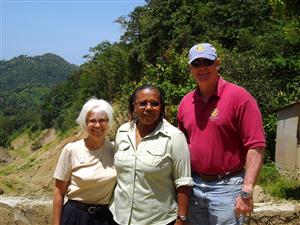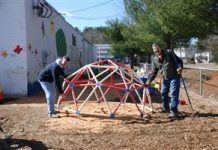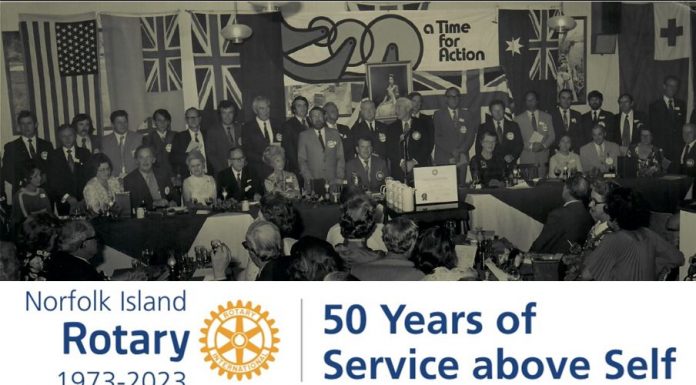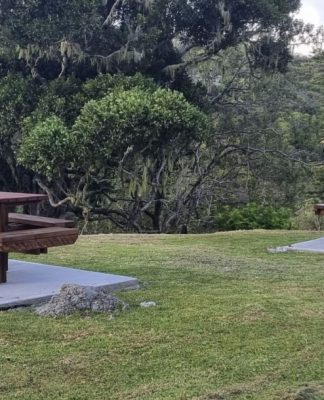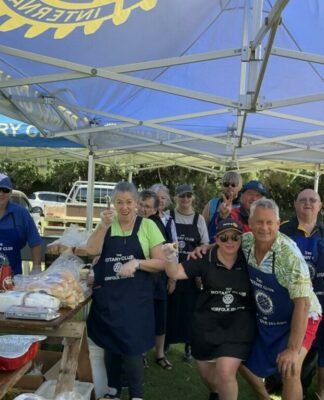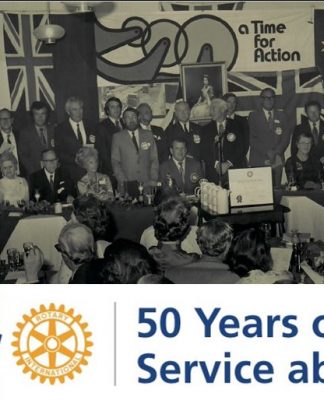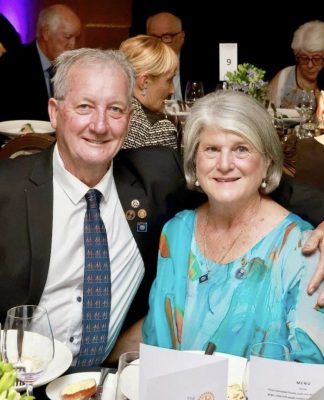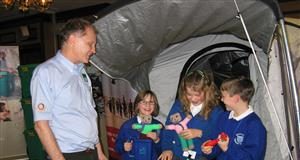For years, Angalia Bianca had slept in abandoned buildings throughout Chicago. She stole. She did drugs. She spent time in and out of jail for forgery, theft, trespassing, and possession of narcotics. But after she landed in prison for the seventh time, something changed — Bianca knew she wanted a better life. She just didn’t know how to make it happen.
After serving her time, Bianca sought help from a local homeless organization, A Safe Haven, and moved to its shelter in the Rogers Park neighborhood. Bianca followed the program closely — she attended all the required meetings, passed drug tests, and volunteered at every opportunity.
“They taught me basic life skills. I didn’t know how to get up in the morning, or how to clean the kitchen. They showed me how to do little things that most people take for granted,” she says.
A Safe Haven is a network of shelters that address the causes of chronic homelessness and teach residents how to relearn a life without drugs and alcohol. Neli Vazquez-Rowland, a member of the Rotary Club of Chicago, and her husband, Brian Rowland, founded the organization 20 years ago. Under Vazquez-Rowland’s guidance, more than 50,000 clients have followed a program that includes treatment, education, health care, job training, and job placement.
A PERSONAL STORY
Neither Vazquez-Rowland nor her husband had a traditional social service background, but they did have personal motivation to start A Safe Haven. In the early 1990s, both were flourishing in the financial field. Their lives took an abrupt turn when Rowland developed an addiction to alcohol. They could afford the pricey rehab but quickly realized that only their personal wealth separated them from the addicts who ended up on the streets or in jail.
“We realized how grateful we were that we had resources to get the help we needed and could pay for the best treatment that money could buy,” Vazquez-Rowland says. “That helped me understand the disparities between people with resources and people without resources and where their paths lead them. If you have money, you have access to treatment, you have access to legal representation, and you have the ability to get back on your feet and not lose your job. But if it happens in the poor communities, you get arrested and you end up in jail.”
As Rowland got sober, the couple discovered the paucity of services for people in recovery, especially for those with little money or family support. Government agencies weren’t meeting the needs of people they encountered who were struggling to get their lives back on track. So in 1994, Vazquez-Rowland and her husband bought and refurbished an abandoned apartment building in the Logan Square neighborhood. Their plan was to rent out the building for a year to people recovering from drug and alcohol addiction, and when the real-estate market recovered, sell it for a profit. But as more people showed up seeking their services, Vazquez-Rowland realized she and her husband could help transform people’s lives.
CREATING A SAFE HAVEN
So the couple established A Safe Haven Foundation, developing a comprehensive program to serve those in recovery. Vazquez-Rowland personally subsidized care for thousands as she continued to work in the investment business. But after five years, she and Rowland saw that this wasn’t a sustainable course.
In 1999, armed with a study conducted by Northwestern University that provided the hard data they needed to seek outside funding, they landed their first contract, with the Illinois Department of Corrections, to provide transitional housing for nonviolent ex-offenders.
Around that time, Vazquez-Rowland also decided to give up her career, leaving a job that had provided her family of four with a comfortable life. “We had this moment of truth,” she says. “We asked each other: ‘What are we doing? Are we in the business of finance or are we in the business of helping people?’ ”
After 20 years, A Safe Haven has 28 locations throughout Chicago, housed in once-abandoned buildings the couple bought in the South Shore, Englewood, and North Lawndale neighborhoods — areas that other developers might shun.
FROM HOMELESSNESS TO INDEPENDENCE
Vazquez-Rowland has learned that there is no single approach to homeless services. Some clients were ready to move on to their own apartments but were shut out of the rental market because of bad credit or a criminal background. Some had difficulty finding a job after being released from prison. Others were families coming to the shelter for the first time because they’d lost their home to foreclosure after a job loss.
In response, A Safe Haven developed social enterprise ventures to employ its graduates. These include catering, landscaping, and pest control businesses.
“The services of A Safe Haven are free, but its clients commit to becoming self-sufficient. The reason it’s so powerful here is because there are so many people in different stages of their development,” Vazquez-Rowland says. “They’re getting that pride back in their eyes, and the enthusiasm to take care of themselves.”
While continuing to run A Safe Haven, Vazquez-Rowland spends three or four days a month at an office in Washington, D.C., meeting with leaders in government, business, and academia to promote her model nationally.
“We all want the same thing. We just don’t agree on how to achieve it,” she says.
In North Lawndale, one of Chicago’s most poverty-stricken neighborhoods, A Safe Haven’s headquarters serves as an oasis. Inside the building, a teenager explains how the organization helped reunite him with his father. An older woman who has finished the program says goodbye to the friends she’s made at the shelter as she leaves for her first apartment. A young man approaches Vazquez-Rowland in the cafeteria to thank her for saving his life.
Vazquez-Rowland can’t walk from one side of the building to the other without someone calling out her name and waving a greeting. She knows everyone by first name too.
“This is the most rewarding work in the world,” she says. “We’re saving lives.”
By Megan Ferringer
Adapted from a story in the February 2014 issue of The Rotarian
25-FEB-201
Adapted from a story in the February 2014 issue of The Rotarian
25-FEB-201

